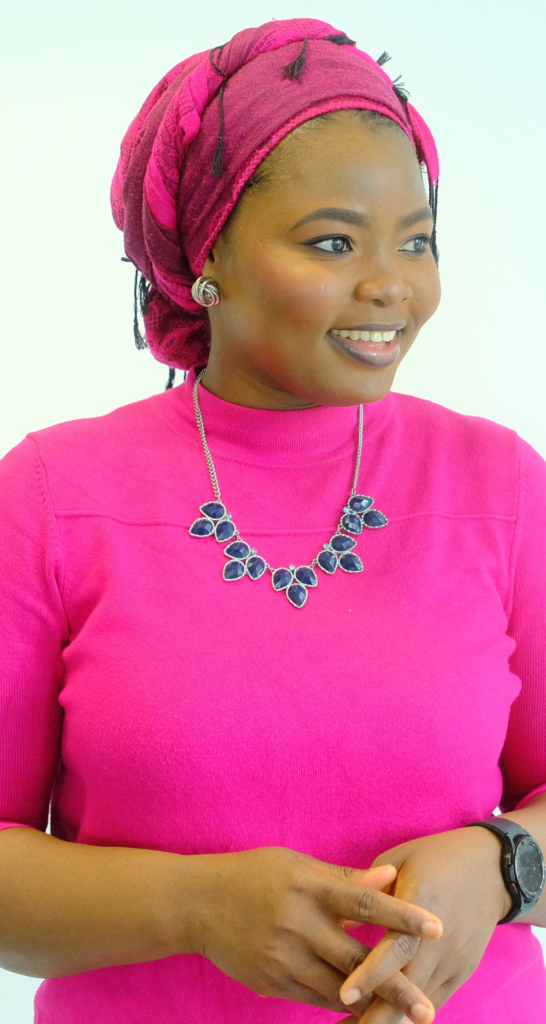
"Dr. Sofiat Olaosebikan grew up in Bajulaiye, Lagos”
Where her mornings began at 6 a.m., unlocking her mother’s shop before school. There was no clear map for where her life would go, just grit, curiosity, and a stubborn love for problem-solving.
When she applied to study Computer Science, she was turned away not once, but three times. The closed doors stung, but she pivoted to Mathematics, the only open path. What looked like a setback became the turning point. She graduated with a First Class from the University of Ibadan, then earned a Distinction in Mathematical Sciences from AIMS Ghana.
It was there she first encountered Python, not the snake, as she laughs, but the programming language. Something lit up in her. She self-studied, built her first software, and discovered a world she didn’t know she was made for. Two years later, she won a fully funded PhD in Computing Science at the University of Glasgow.
Today, Sofiat is a Lecturer in Algorithms and Complexity at the University of Glasgow, designing efficient algorithms that shape everything from student-project allocation to wireless communication. She has published in top journals and built a reputation as a researcher who makes theory meaningful.
But Sofiat has never forgotten what it felt like to not know what was possible. That’s why, during her PhD, she founded Computer Science Academy Africa (CSA Africa). What began as a spark has grown into a movement. Since 2018, CSA Africa has raised over £150,000, trained more than 700 young people across 13 African countries, and created pathways into tech for students who, like Sofiat once did, needed someone to open the door. Alumni are now Machine Learning Engineers, Data Scientists, Mobile Developers, Embedded Systems Engineers showing proof of what happens when opportunity meets talent.
Her work has earned her recognition as a Future World Changer, endorsement under the UK Global Talent programme, and a place among the Top 50 Women in Engineering in 2022. She’s been featured by the BBC, Metro, The Scotsman, and The Herald. She speaks on global stages about STEM, equity, and innovation, but always returns to the core truth which is- break things down, lead with empathy, and find potential where others overlook it.
For Sofiat, every rejection, every pivot, every late night of self-study has become part of a bigger design. A design where young Africans don’t have to fight as hard as she did to find a place in tech.
Though Sofiat’s story includes algorithms, her experiences have shown the importance of access. Sofiat is proving, one student at a time, that the future of technology is brighter when everyone gets a chance to write it.
